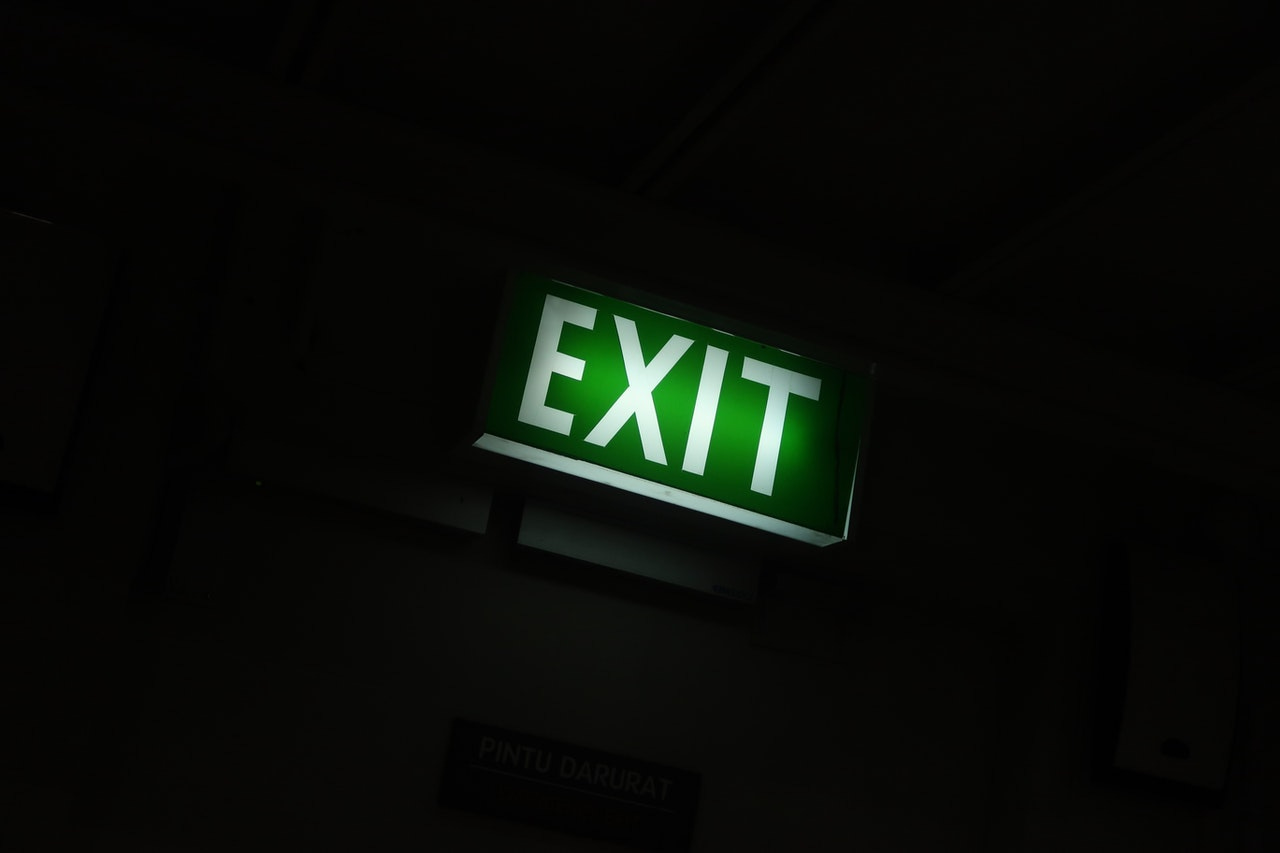The Closest Exit May Be Behind You
The Church is not the world, and that's not a problem to be fixed.
When sensing an emergency, human nature tends to look for somewhere to run. This is true physically as well as spiritually. Every commercial airliner reminds passengers before takeoff of where the exits on the plane are: “Keep in mind the closest exit may be behind you.” Of course the exit doors are visible enough. Why the reminder? I think part of the …



